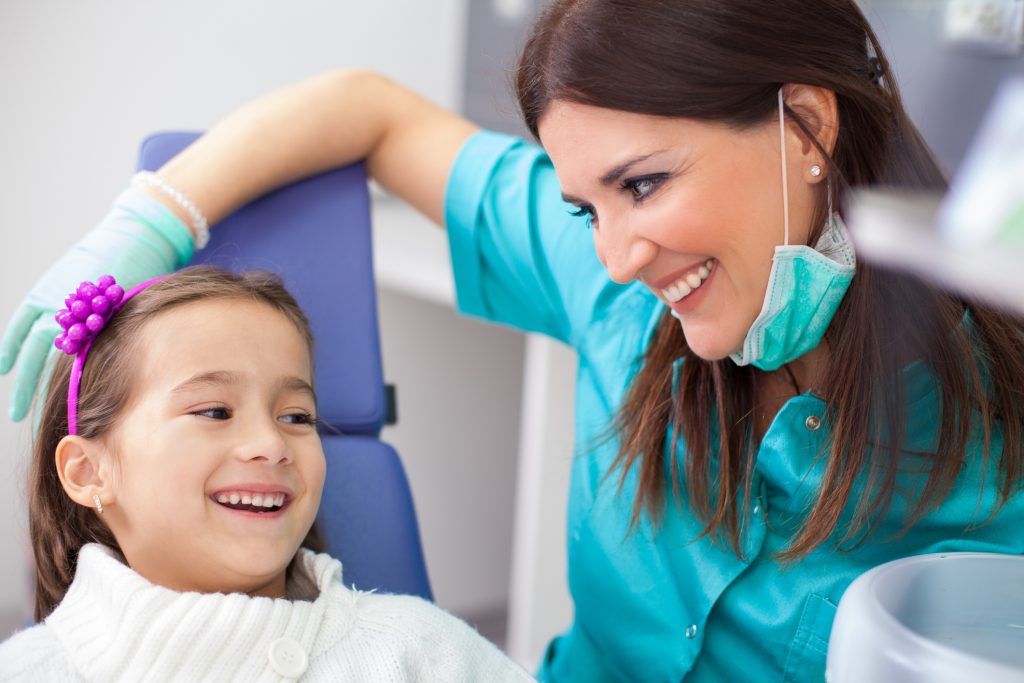Children who need dental work, whether it is a root canal, teeth pulled, or cavities filled, are finding IV sedation a way to make the process easier. Calming the child’s anxiety and making it easier for the dentist to tackle many procedures in one appointment.
Unfortunately, there have been some rare cases in the news lately where children have slipped into a deeper level of sedation than expected. Causing life threatening conditions.
Research from the University of Washington found 44 dental cases, over the course of three decades, most were 2 to 5 years old, died after they were either sedated or had general anesthesia.
A recent article in the New York Times, ‘Should Kids Be Sedated for Dental Work” , explains the importance of a separate anesthetist, instead of the dentist doing both the procedure and the sedation.
 Moderate sedation, also known as “conscious” sedation, requires more vigilance than minimal sedation, such as laughing gas, because children could slip from moderate to deep sedation, which means they can’t necessarily maintain their own airway.
Moderate sedation, also known as “conscious” sedation, requires more vigilance than minimal sedation, such as laughing gas, because children could slip from moderate to deep sedation, which means they can’t necessarily maintain their own airway.
For moderate sedation, dentists should have rescue drugs on hand and monitor oxygen levels and heart rate. In addition, the American Society of Anesthesiologists recommends “a qualified individual” other than the dentist monitor the patient, because it “reduces risk of adverse events,” said Dr. Jeffrey S. Plagenhoef, the society’s president.
It Is Important To Understand Sedation Dentistry
Younger children are at a greater risk for adverse conditions. Smaller airways, less of an oxygen reserve as older children, enlarged tonsils, and spasm of vocal cords, all play a role.
Experience in sedation matters. According to Dr. Deborah Studen-Pavlovich, the director of the pediatric residency program at the University of Pittsburgh School of Dental Medicine, “Classroom training is not enough.”
To ensure safety, a specifically trained and experienced nurse anesthetist is the safest way to have sedation administered. This will allow the dentist to concentrate on the treatments, while the nurse anesthetist constantly monitors the vitals, breathing heart rate.
As a Certified Registered Nurse Anesthetist (CRNA) licensed to practice in both Florida and New Hampshire, Dwayne Thibeault MSN, ARNP, is an active member of the American Association of Nurse Anesthetists (AANA), the Florida Association of Nurse Anesthetists (FANA) and the New Hampshire Association of Nurse Anesthetists (NHANA). My qualifications include 20+ years in trauma/critical care settings caring for patients of all ages and backgrounds.
Contact Blue Sky Anesthesia Associates with any questions or to make an appointment.


